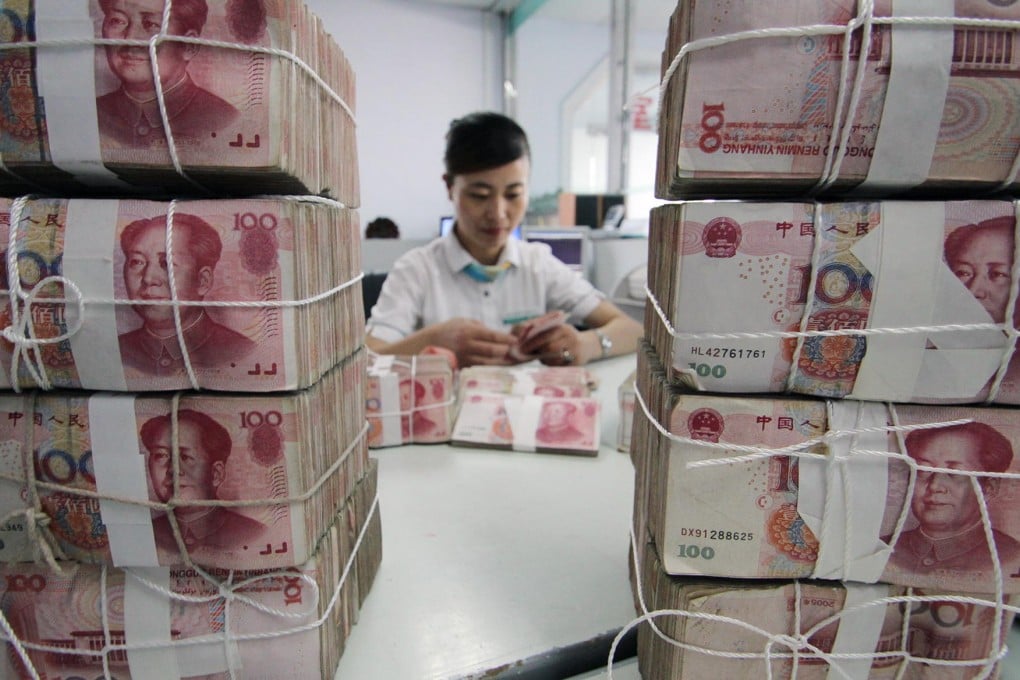Macroscope | Why the yuan is on the rise in Seoul
With the fourth-largest offshore yuan pool, Seoul will help expand the currency's rolein trade and financial transactions in region

China's move to develop financial infrastructure for trading the yuan in South Korea is a key step in facilitating the currency's internationalisation - and one that could have an even bigger impact than a previous plan to set the ball rolling in Japan.
Assigning Bank of Communications as an offshore yuan clearing bank in Seoul will greatly expand the role of the currency in bilateral trade and financial transactions in northeast Asia, not just in the hedging of foreign-exchange risks between two trading partners, but also by establishing Korea as an investment destination for Chinese cash as Beijing gradually opens its capital account.
Korea has amassed the fourth-largest yuan pool in the offshore market after Hong Kong, Taiwan and Singapore, thanks to the trade surplus it has with mainland China. Re-denominating more of China's trade deficit with Korea in yuan will further increase its yuan pool.
Already the yuan's use for international payments in Korea has soared. In June, 69 per cent of all direct payments between China and Korea were made in yuan, up from 33 per cent a year ago, according to payments platform Swift.
To get an idea of the potential ahead, think back to December 2011. That was when China and Japan entered into an agreement to promote the yuan's use for trade and financial transactions. Under the agreement, Japan would use the yuan as an investment currency for its foreign direct investment into China; develop a yuan-yen foreign-exchange market to facilitate yuan trade settlement in Japan; and encourage Japanese entities to issue yuan bonds in Tokyo. Japan would also invest in China's sovereign debt as a reserve asset.
The planned Sino-Japanese deal could have boosted yuan internationalisation significantly because China runs a large trade deficit with Japan, averaging more than US$30 billion a year for the past five years. If more of this trade deficit were re-denominated in yuan, the resultant increase in the outflow of yuan to Japan would expand the currency's role in northeast Asia and erode the dominance of the US dollar.
The dispute over ownership of islands in the East China Sea derailed the plan. Enter Korea, with which China runs an even larger trade deficit than with Japan.